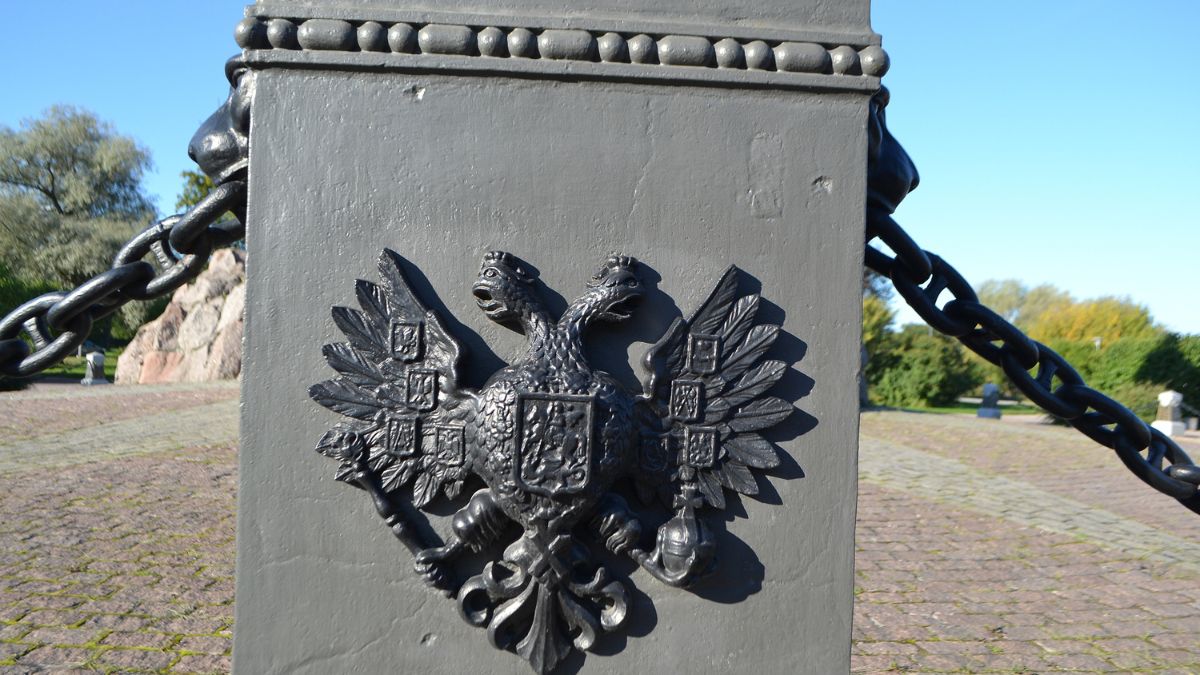Kalidasa (Classical Sanskrit Literature)
Kalidasa (Classical Sanskrit Literature)
The Rise of the Russian Empire under Peter the Great

The Rise of the Russian Empire under Peter the Great
In the annals of history, few figures tower as colossally as Peter the Great, the visionary monarch whose reign heralded the meteoric rise of the Russian Empire. Born into the frost-kissed realms of Russia in 1672, Peter I of Russia was not merely a ruler; he was a force of nature, whose ambitions and reforms propelled his country onto the global stage, forever altering the course of its destiny.
Imagine the Russia of the late 17th century—vast, but slumbering, caught in the web of medieval customs and isolation from the Western world. It was a land of contrasts, where the opulence of the nobility stood in stark relief against the stark lives of the serfs. Into this world, Peter stepped with the audacity of a man who dared to dream the impossible. His vision was nothing short of revolutionary: to wrench Russia out of its slumber and cast it in the mold of the modern European states.
Peter’s reign, which spanned the turn of the 18th century, was marked by a relentless pursuit of modernization and expansion. He was not a monarch content to rule from the shadows of his palace. Instead, Peter was a titan striding forth, his gaze fixed on the horizon of progress. He traveled incognito to Europe, a journey unprecedented for a Russian tsar, to learn the arts of shipbuilding, governance, and military science. These were the tools with which he would forge his new empire, and he returned to Russia ablaze with the urgency of his mission.
Under his command, Russia underwent a metamorphosis that was breathtaking in its scope and speed. He introduced a sweeping series of reforms that touched every aspect of Russian life. He modernized the army, established a navy that would challenge the powers of Europe, and restructured the government to centralize power in the hands of the state. The beard tax, the establishment of the new capital city of Saint Petersburg on the swampy shores of the Neva River, and the introduction of the Julian calendar were but a few of the myriad ways Peter thrust Russia into the new age.
Yet, it was not merely through reform that Peter expanded his empire. He was a warrior-king, leading his newly modernized army to victory in the Great Northern War, which saw Russia emerge as a dominant power in the Baltic Sea, securing its place as a major player in European politics. Saint Petersburg, his “window to the West,” became a symbol of Russia’s newfound glory and ambition, a city that rivaled the great capitals of Europe in its splendor and sophistication.
The rise of the Russian Empire under Peter the Great was a spectacle of human will and vision. Through sheer force of personality, Peter dragged his country into the modern era, laying the foundations for an empire that would stand as a colossus on the world stage. His legacy is a testament to the power of transformative leadership, a reminder that the course of history can be altered by a single, indomitable will. In the pantheon of great leaders, Peter stands as a titan, his shadow stretching long across the annals of history, a figure of awe and inspiration whose impact resonates through the ages.